News in Brief
-
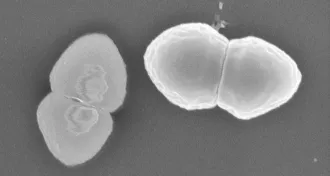 Life
LifeChemotherapy needs gut bacteria to work
Antibiotics may prevent anticancer drugs from killing tumors.
-
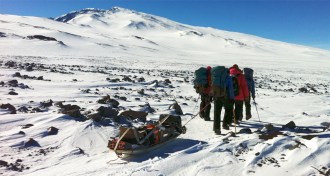 Earth
EarthFire may smolder under Antarctic ice
Quakes hint at moving magma that could influence glacial flow.
By Beth Mole -
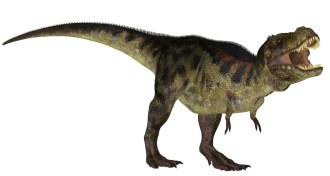 Neuroscience
NeuroscienceBrain reconstruction hints at dinosaur communication
T. rex and other dinos might have understood complex vocal calls.
-
 Quantum Physics
Quantum PhysicsQuantum information storage that lasts and lasts
Physicists have stored a snippet of quantum information at room temperature for more than 1,000 times the previous record.
-
 Neuroscience
NeuroscienceTeenagers act impulsively when facing danger
Brain activity may help explain why crime peaks during the teenage years.
-
 Life
LifeHow to kill the last microbes standing
Chemical wipes out bacteria that linger after antibiotic treatment.
By Beth Mole -
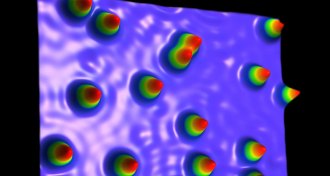 Physics
PhysicsSingle atoms hold on to information
Minutes-long data storage by individual atoms beats previous record of tiny fraction of a second.
By Andrew Grant -
 Life
LifePenguin’s flight from Antarctica clocked
A climate shift millions of years ago may have forced the birds’ ancestors to flee to warmer digs.
By Beth Mole -
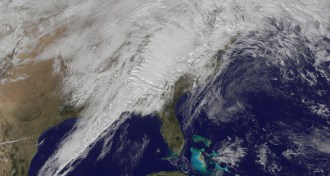 Climate
ClimateStorms are becoming more intense, moving toward poles
Researchers find that altered rainfall patterns have the fingerprints of human-caused climate change.
-
 Genetics
GeneticsGenetic difference in blood clotting may underlie racial health disparity
Finding could help explain difference between blacks and whites in heart attack survival.
-
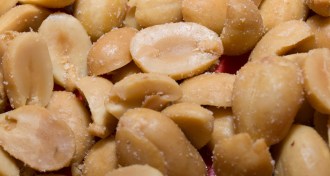 Health & Medicine
Health & MedicineMarrow transplant for child with leukemia cures allergy
A bone marrow transplant rid one child of his blood cancer and also an immune reaction to peanuts.
By Nathan Seppa -
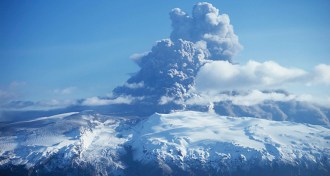 Climate
ClimateNatural aerosols confound climate predictions
Natural aerosol emissions complicate scientists’ attempts to predict future climate change.